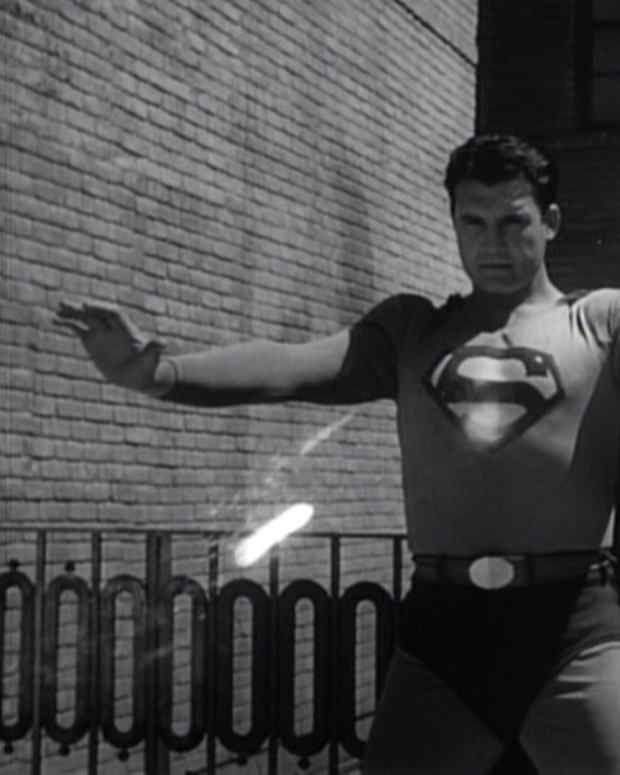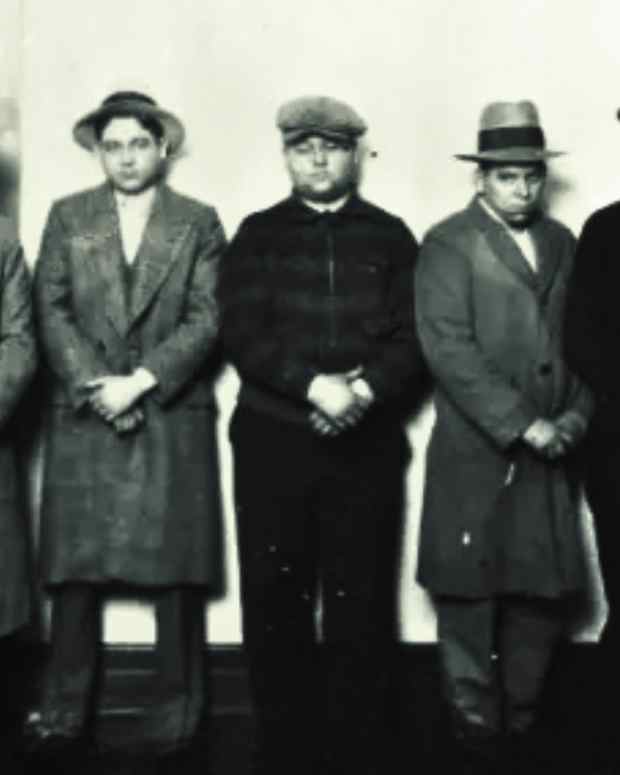"The Glass Castle": A Review From a Teacher's Perspective
The Glass Castle: An Introduction
In one of my earlier education courses, my professor assigned The Glass Castle, an autobiographical novel by Jeannette Walls. I was perplexed at first, being accustomed to reading passages fixed solely on pedagogy, but I was absorbed quickly by the characters and eventually came to realize that the text was allowing me to get to know some of my future pupils.
Summary
The Glass Castle is the story of a young Jeannette Walls, the middle child in a four-child family whose parents seem to fit no other description than that of drifters. Her father, Rex, is an eccentric who often refers to himself in the third person. He tops this off by being a notorious drunk who often neglects his family without truly meaning to or comprehending the consequences.
Jeannette is his favorite child, forging a bond between the two that, while powerful and loving, is ultimately harmful given his thoughtless tendencies. Rex was Jeannette’s hero, and she recalls him chasing away demons when she was scared and tender father-daughter moments on the road.
As she grows older, particularly when Rex teaches her to swim—in the literal “sink or swim” sense (p. 66)—Jeannette realizes that her father has a lot more flaws than she had recognized before. Even so, she continues to baby him out of affection and somewhat jaded adoration and never lets him know that she doesn’t believe in him the way she used to. “Have I ever let you down? (210)” he asks on several occasions. Jeannette, knowing that she’s lying, tells him he hasn’t.
The mother, Rose Mary Walls, is a self-proclaimed—yet unrecognized—artist and has some unique ideas on parenting. Another thoughtless parent, she allows her children to operate with almost complete autonomy, in one scene letting her three-year-old cook hotdogs over an open fire by herself. Rose Mary’s own mother was very strict and desired for her daughter to be a teacher, leading her to childishly create a life that successfully rebels against this expectation.
Rose Mary finds it very difficult to budget money, particularly given the spontaneity and impulsive nature of her husband, and her children struggle as a result. The only nuclear family member from a somewhat stable background, Rose Mary has means. It is stated, in fact, that she had inherited a million dollars worth of land, but she refuses to sell it, claiming that the land must be “kept in the family (272).”
The children suffer greatly as a result of this parenting team. The mother rarely works, though she easily could, choosing instead to dedicate herself to her less-than-lucrative art career. Rex can rarely maintain employment and spends most of his time drinking or dreaming of over-ambitious projects, such as the building of the book’s namesake, a glass castle. More often than not, the family will pick up and run from the debt they collect rather than settle it legitimately.
They eventually move to West Virginia for a time, where the children are singled out as “trash” by the locals who are familiar with their parents. The three oldest, Lori, Jeannette, and Brian, often must step up to be the responsible ones in the family, Maureen still being too young to do so. The three are very intelligent but are put in special needs classes in school due to their accents and the general public disdain towards their family.
As they grow up, all four of the kids more or less escape to New York to live on their own, apart from the crazy and frustrating lifestyle of their parents. It is not long, however, before the whole family is in the city, and the two adults choose to live there within the homeless population.
Jeannette expressed feeling terrible about building her own life while her parents are on the street, an awful sort of survivor’s guilt, but she recognizes that there is really not anything she can do. At the end of the book, Rex has died, and the remaining family members exist around each other in relative peace.
I wasn’t entirely shocked by this book, but I was frustrated by it. As much as the parents loved their children, they would cheerfully and consistently do things that worked against their best interests. Their intentions were not malicious, but much of their behavior reflected recklessness and even mental illness. It was a painful experience to read about the experiences of the children in their care under the constant stress of growing up too fast and dealing with poverty, alienation, and even sexual abuse.
The family portrayed in this novel is not unique, and I found it to be a fair representation of the many families out there living well outside “the system” and kids that fall through the cracks because of it. While certainly scarred in some way by their parents, it is astounding that Jeannette and her siblings turned out to be functional members of society.
Reading The Glass Castle felt familiar because, as a teacher, I come across children with similar backgrounds to the ones in the book. Some kids in my classroom have grown up surviving, using a different sort of philosophy on life than what I’m used to, and it can take some adjustment. Particularly striking to me was how Rex taught his kids that they could just “check out Rex Walls-style” when things got tough. I have taught many students who have grown up with the same ideals, and more than one have disappeared before the school year was up, having moved with their parents to escape some situation or another. These kids should not be judged, or allowed to fall through the cracks, but often do regardless, being innocent victims to a situation that is not their fault.
Jeannette and her siblings had the advantage of immense intelligence, as well as having the initiative to change their circumstances. They did not have a lot of outside help. Most of their teachers, frustratingly, seemed to find them worthless. It was Ms. Bivens who really changed things for Jeannette when she had the perception to make her news editor of The Maroon Wave (231), a school publication. By encouraging her to write, Jeannette’s entire world opened up. This is a testament to a good teacher’s power. If Jeannette had never started writing, she may have slipped through the cracks as well. Who knows how many kids have never discovered a passion because they didn’t have teachers who guided them effectively?
Teachers Can Do So Much More
I did not begin reading this book with the thought that it was applicable to education, but it has often drifted across my mind while meeting families during the open houses held in the last few school years. The Walls parents were not unintelligent, but having no direction or maturity, they ended up simply doing their best to survive. It was only when Jeannette was shown what she could achieve with her writing that she was able to escape from a lifestyle that was making her miserable.
If all teachers treated every student as having potential, maybe a lot of kids could become what they want to be, instead of bowing to the fate that their current life gives them. Teachers can do more than teach, they have the position and power to unlock possibilities.
Comments
Liz Westwood from UK on August 27, 2018:
This is an interesting review of a book I had not come across previously.

























